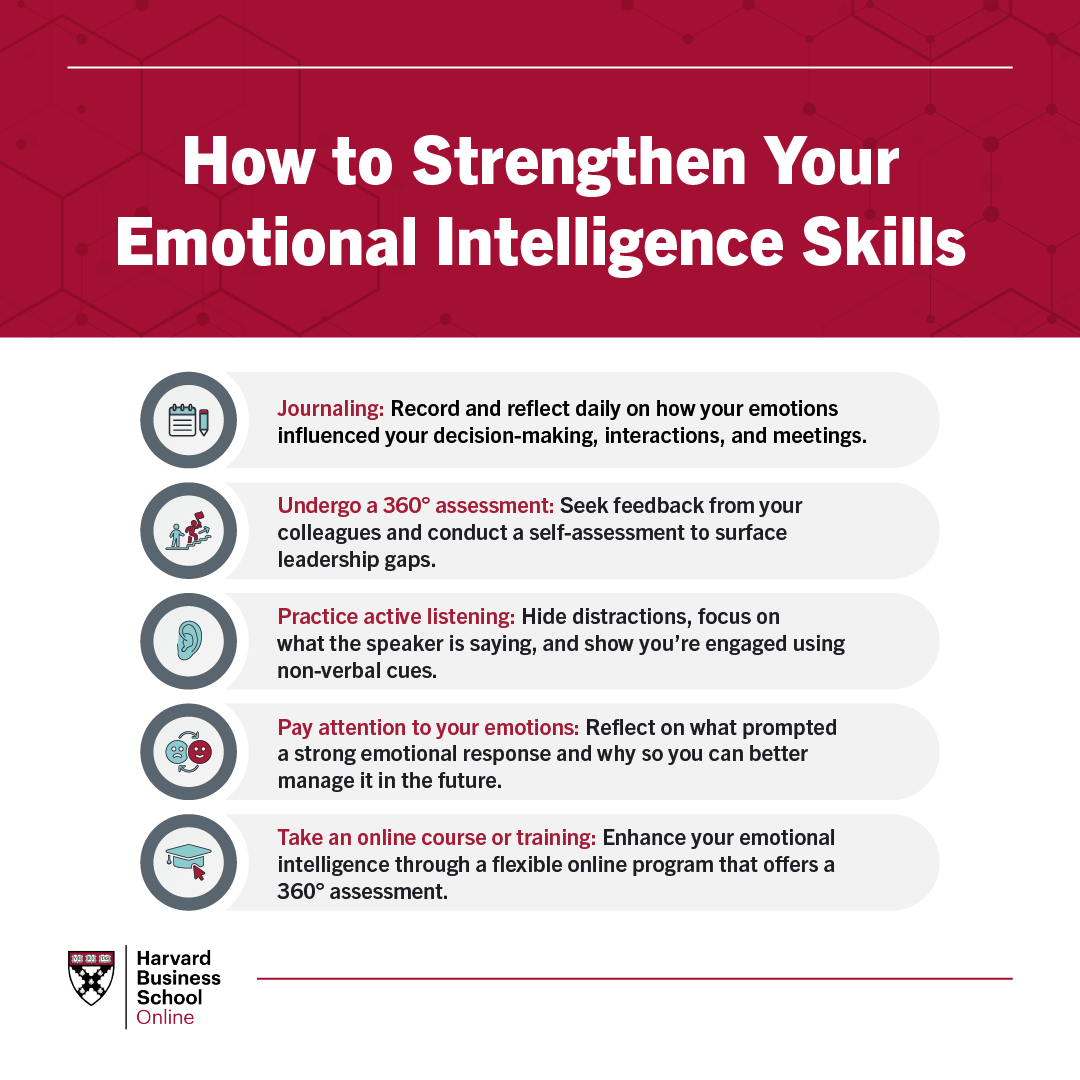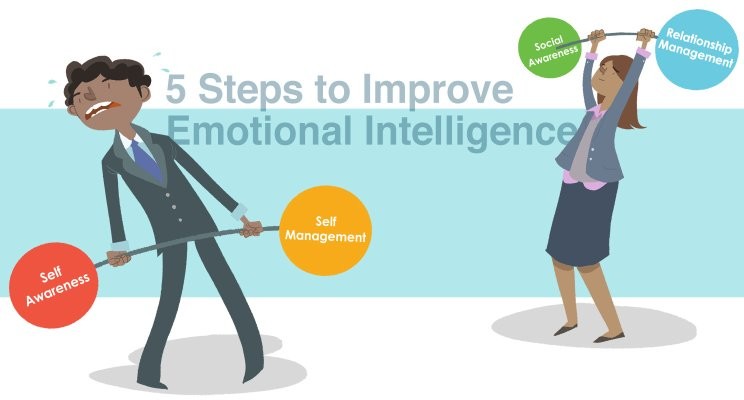Emotional Intelligence Development: A Comprehensive Guide to Boosting Your EQ
Emotional Intelligence (EI), often referred to as Emotional Quotient (EQ), is the cornerstone of successful relationships, effective leadership, and personal fulfillment. In a world increasingly valuing emotional acumen, understanding and developing your EQ is critical. This guide dives deep into what emotional intelligence is, why it matters, and how you can enhance it.

Understanding the basics of Emotional Intelligence helps you build stronger connections and better self-awareness.
What Is Emotional Intelligence?
At its core, emotional intelligence is the ability to recognize, understand, and manage your own emotions while also influencing the emotions of others. According to psychologist Daniel Goleman, EQ encompasses five key components:
- Self-Awareness: Recognizing your emotions and their impact.
- Self-Regulation: Managing disruptive emotions and impulses.
- Motivation: Harnessing emotions to pursue goals with energy and persistence.
- Empathy: Understanding and sharing the feelings of others.
- Social Skills: Managing relationships effectively.
Why is EQ important? Research shows that emotional intelligence is a better predictor of success than IQ in many areas, from workplace leadership to personal happiness.
The Importance of Developing Emotional Intelligence
Developing emotional intelligence offers numerous benefits:
- Enhanced Leadership Abilities: Leaders with high EQ inspire trust and loyalty in their teams.
- Stronger Relationships: Emotional intelligence fosters empathy and effective communication.
- Improved Decision-Making: Emotionally intelligent individuals can make better, more rational decisions under pressure.
- Better Mental Health: EQ helps in managing stress and avoiding burnout.
Components of Emotional Intelligence in Depth
1. Self-Awareness
Self-awareness is the foundation of EQ. When you understand your emotional triggers, you can navigate situations with greater clarity and confidence.
Tip: Practice mindfulness and journaling to increase self-awareness.
2. Self-Regulation
This involves controlling your impulses and adapting to changing circumstances. High self-regulation ensures that emotions don’t overpower your judgment.
Example: If you’re frustrated at work, instead of lashing out, pause and analyze the root cause of your emotions.
Harness your emotional intelligence to regulate stress and make better decisions.
3. Motivation
Emotionally intelligent people are intrinsically motivated. They work towards goals with enthusiasm, even in the face of challenges.
- How to cultivate motivation:
- Set meaningful goals.
- Celebrate small wins to maintain momentum.
- Practice positive visualization.
4. Empathy
Empathy is the ability to understand others’ perspectives and feelings. It is essential for building trust and rapport.
Developing empathy: Actively listen during conversations and validate others’ emotions.
5. Social Skills
Socially skilled individuals can navigate conflicts, influence others positively, and foster meaningful relationships.
Pro Tip: Practice active listening and open body language to improve social interactions.
Steps to Develop Emotional Intelligence
1. Practice Mindfulness
Mindfulness helps you stay present and aware of your emotions.
Try a daily mindfulness meditation practice for 10 minutes. Apps like Headspace can guide you.
2. Seek Feedback
Feedback from colleagues, friends, or mentors can reveal blind spots in your emotional intelligence.
Question: “How do you perceive my reaction in stressful situations?” This can open the door for constructive conversations.
3. Learn Conflict Resolution
Emotional intelligence involves managing conflicts in a constructive way.
- Stay calm during disagreements.
- Use “I” statements to express your feelings without placing blame.
4. Expand Your Emotional Vocabulary
Being able to articulate your feelings leads to better communication and understanding.
Example: Instead of saying, “I’m upset,” specify, “I feel overwhelmed because my efforts weren’t acknowledged.”
5. Develop Empathy Through Perspective-Taking
Empathy requires stepping into someone else’s shoes.
- Exercise: During a conversation, focus on the speaker’s emotions rather than your response.
Empathy is about understanding and connecting on a deeper level.
6. Read Books on Emotional Intelligence
Books like Emotional Intelligence 2.0 by Travis Bradberry offer actionable tips to enhance your EQ.
Related Resource: Check out this comprehensive guide to self-improvement books.
Real-Life Applications of Emotional Intelligence
- In Leadership: Leaders with high EQ can inspire teams, mediate conflicts, and drive organizational success.
- In Personal Relationships: EQ helps resolve conflicts and build stronger connections with loved ones.
- In Education: Teachers with high emotional intelligence foster positive learning environments.
Frequently Asked Questions (FAQs)
Q: Can emotional intelligence be improved?
A: Yes, emotional intelligence is a skill that can be developed through practice and intentional effort.
Q: Is EQ more important than IQ?
A: While IQ measures cognitive abilities, EQ plays a more significant role in interpersonal success and emotional well-being.
Q: How do I measure my emotional intelligence?
A: Tools like the EQ-i 2.0 Assessment or online quizzes can provide insights into your emotional intelligence levels.
Final Thoughts
Emotional intelligence is a vital life skill that empowers you to connect, lead, and thrive. By understanding its components and implementing strategies to enhance them, you can unlock a higher level of personal and professional fulfillment.
Begin your journey today by practicing mindfulness, expanding your emotional vocabulary, and embracing feedback. Remember, EQ is a lifelong journey, not a destination.

Take action today and watch your relationships and self-awareness transform!



